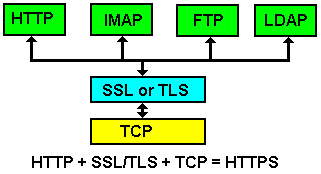Connecting Clients:
What’s the use of having an OpenLDAP Directory if you do not have any clients connected to it? In this article, attaching a Macintosh 10.9 Client to the OpenLdap Directory with standard schemas and storing the contents of our Home Directory on a NFS File Server is demonstrated.
 Continue reading “Openldap and Multi-Master Replication in FreeBSD – Part VI: Connecting Clients”
Continue reading “Openldap and Multi-Master Replication in FreeBSD – Part VI: Connecting Clients”





